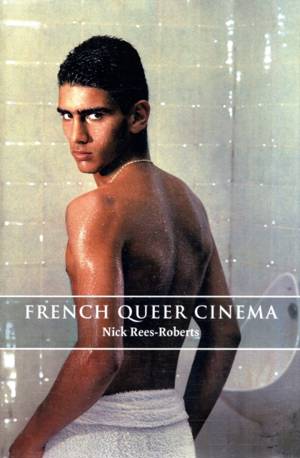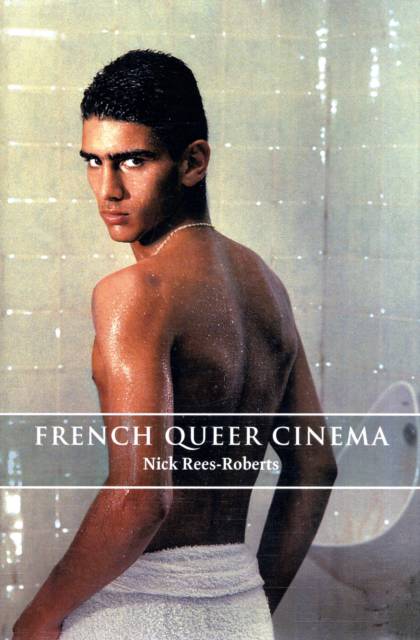
Bedankt voor het vertrouwen het afgelopen jaar! Om jou te bedanken bieden we GRATIS verzending (in België) aan op alles gedurende de hele maand januari.
- Afhalen na 1 uur in een winkel met voorraad
- In januari gratis thuislevering in België
- Ruim aanbod met 7 miljoen producten
Bedankt voor het vertrouwen het afgelopen jaar! Om jou te bedanken bieden we GRATIS verzending (in België) aan op alles gedurende de hele maand januari.
- Afhalen na 1 uur in een winkel met voorraad
- In januari gratis thuislevering in België
- Ruim aanbod met 7 miljoen producten
Zoeken
Omschrijving
French Queer Cinema looks at queer self-representation in contemporary auteur film and experimental video in France. Whilst there is growing research on representations of queer sexualities in France, this is the first comprehensive study of the cultural formation and critical reception of contemporary queer film and video. French Queer Cinema addresses the socio-political context informing both queer DIY video and independent gay cinema, including films such as Patrice Chéreau's Ceux qui m'aiment prendront le train, Olivier Ducastel and Jacques Martineau's Drôle de Félix, François Ozon's Le Temps qui reste and André Téchiné's Les Témoins. Taking up the recent Anglo-American attention to queer migration, the book looks at gay fantasies of Arab (beur) men, as well as beur self-representation in Europe's fastest-selling gay DV porn production Citébeur. Further chapters cover transgender dissent, and the effects of AIDS and loss on the formation of gay identities.Key Features*Provides a full, up-to-date account of the formation, reception and setting for contemporary queer film and video in France.*Situates cinematic representations of migration, social exclusion and queer sexualities in the context of recent repressive legislation on sex work and immigration.*Covers the work of less well-known directors such as Christophe Honoré, Sébastien Lifshitz and Gaël Morel.
Specificaties
Betrokkenen
- Auteur(s):
- Uitgeverij:
Inhoud
- Aantal bladzijden:
- 176
- Taal:
- Engels
Eigenschappen
- Productcode (EAN):
- 9780748634187
- Verschijningsdatum:
- 27/10/2008
- Uitvoering:
- Hardcover
- Formaat:
- Genaaid
- Afmetingen:
- 152 mm x 234 mm
- Gewicht:
- 417 g

Alleen bij Standaard Boekhandel
+ 402 punten op je klantenkaart van Standaard Boekhandel
Beoordelingen
We publiceren alleen reviews die voldoen aan de voorwaarden voor reviews. Bekijk onze voorwaarden voor reviews.









